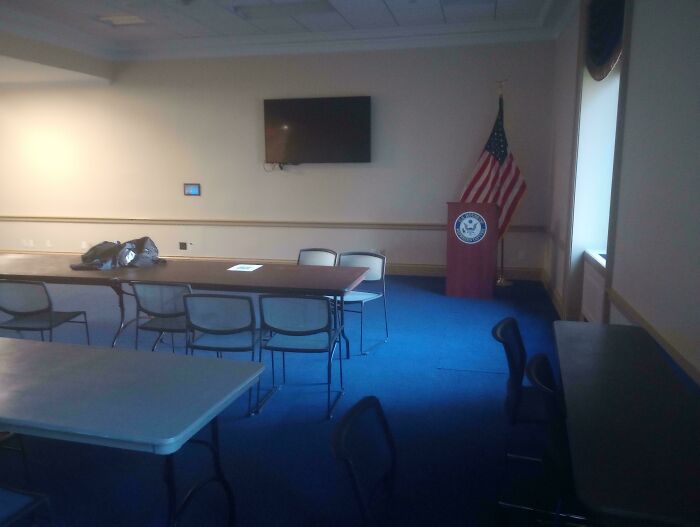So in order to remind you that we always have to expect the unexpected, we put together a collection of unfortunate pictures, depicting folks’ struggles with the weather, technology, cars, and pretty much every other facet of the modern world. I guess it’s true what they say: life is what happens when you’re busy making other plans. Continue scrolling to check out the images and don’t miss the chat we had with Manhattan psychotherapist and performance coach Jonathan Alpert — you’ll find it in between the mishaps. “In the face of difficulty, those who maintain a positive attitude and don’t let themselves be defined by a negative event end up feeling and doing best in the long run,” psychotherapist Jonathan Alpert, who’s worked in a hospital emergency department, academia, a corporate setting, and even did a brief stint at the FBI before going into private practice, told Bored Panda. “Know that you are bigger and stronger than one rejection or a negative situation,” the author of ‘Be Fearless: Change Your Life in 28 Days’ added. For one of his studies, Hales and experimental psychologist Jennifer Johnson tested the hypothesis that optimists are more likely to see other people’s experiences as lucky, while pessimists focus on misfortune in the same set of facts. They used real-life stories of “ambiguous luck”—for instance, a Japanese man who survived the bombings of Hiroshima and Nagasaki in World War II, practically unscathed, and lived a long life, and an American soldier who had a rocket-propelled grenade, which did not explode, lodged in his abdomen. Both men survived horrific experiences, which makes them lucky—unless you think that the fact that bad things happened to them at all makes them unlucky. The participants then rated the luck of people in ambiguous real-life stories as unlucky, somewhat unlucky, somewhat lucky, or lucky. “One of the things this means is that the more optimistic you are, the more you think others are lucky. If you are more of a pessimist, you’re likelier to see others as suffering bad luck,” Hales wrote. “Certainty provides predictability and the feeling of control. When we aren’t sure how things will go and what the outcomes [are going to be], our brains tend to create endings as a way to gain control,” Jonathan Alpert explained. “The problem with this sometimes is that it is not always accurate.”
The solution, according to Alpert, is to “stick to what you know to be true and what you actually have control over.” In the boy’s case, he has no idea that the girl will say no, so he has full control over how he conducts himself and what he says but not the response he receives. “For example, you can’t control the weather but you can control how you deal with it or prepare for it, e.g. bring an umbrella!” Follow Bored Panda on Google News! Follow us on Flipboard.com/@boredpanda! Please use high-res photos without watermarks Ooops! Your image is too large, maximum file size is 8 MB.









































































































































































